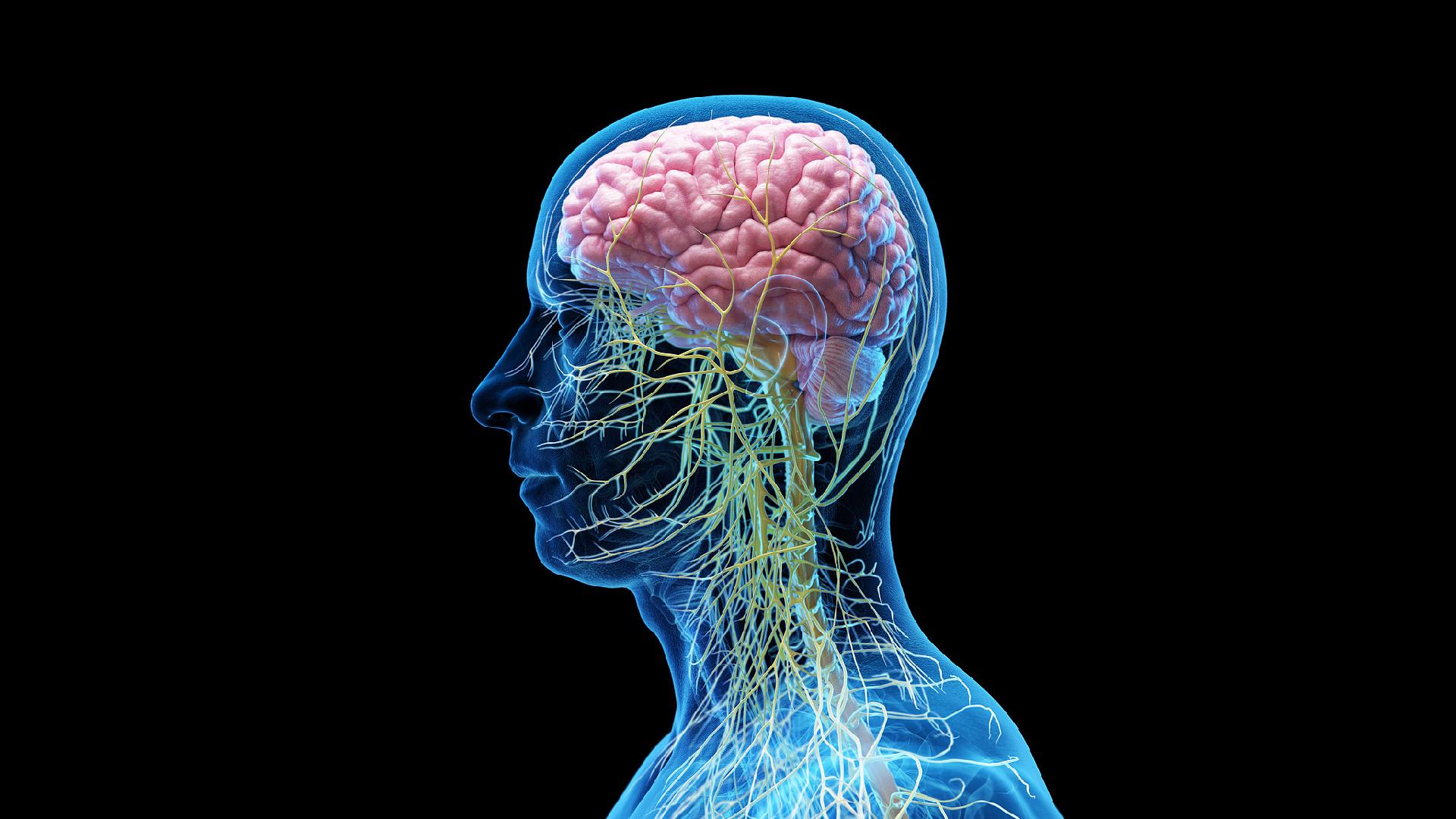Understanding Allergic Rhinitis Causes Symptoms and Treatments

Allergic rhinitis is a common condition that impacts a significant number of individuals, particularly during the peak pollen season. It is characterized by symptoms such as sneezing, itchy nose, and nasal congestion, which can significantly affect one's quality of life. ENT experts are providing valuable insights into managing these symptoms through medication, lifestyle adjustments, and dietary considerations.
For those dealing with allergic rhinitis, regular exercise can be beneficial in alleviating some symptoms, although it is important to note that it does not serve as a cure for the condition. Engaging in physical activity may help to reduce stress and improve overall respiratory function.
To maximize the effectiveness of treatment for seasonal allergies, it is recommended to begin medication administration 7 to 10 days prior to the onset of pollen season. This proactive approach can provide optimal protection against the allergens that trigger symptoms.
Diet also plays a crucial role in managing allergic rhinitis. Experts advise avoiding spicy foods, which can exacerbate symptoms for some individuals. Maintaining a balanced diet can contribute to overall health and improve resilience against allergens.
In addition, it is advisable for individuals to have a sufficient supply of their allergy medications. Keeping these medications on hand for an additional 2 to 3 days beyond what is deemed necessary can help prevent a relapse if symptoms return unexpectedly.
Sharing this information with friends and family members who may be struggling with allergic rhinitis can provide them with helpful strategies to manage their symptoms effectively. By staying informed about best practices and treatment options, individuals can better navigate the challenges posed by allergic rhinitis.
Read These Next

Chinese Scientists Find New Solid-State Cooling Material
Chinese scientists have developed KPF6, a solid-state phase change cooling material that operates across all temperature ranges, marking a significant advancement in cooling technology.

Huawei Smart Screen MateTV: Revolutionizing Home Interaction
Huawei's Smart Screen MateTV introduces Lingxi Floating Touch Control Technology for an interactive TV experience, showcasing advances in user-centric design.

Neck Surgery Offers New Hope for Alzheimer's Patients
A new neck surgery technique, dcLVA, shows promise for Alzheimer's patients in China, with 80% showing improvements post-surgery.
